Showing 1-15 of 200 results
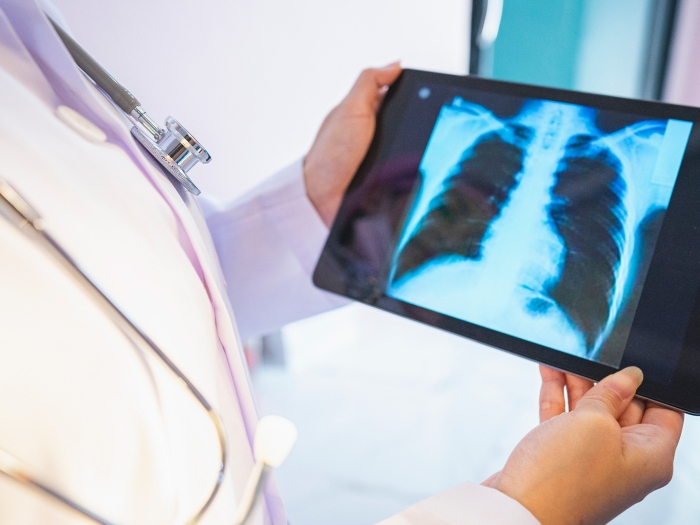
Health Lab
Researchers uncovered nine elements that have significant effects on a whether a patient may develop pneumonia, with nearly 20% of patients moving into a higher risk category based on what occurred during or following the surgery.

Health Lab
A melanoma survivor shares facts and tips about preventing all types of skin cancer.
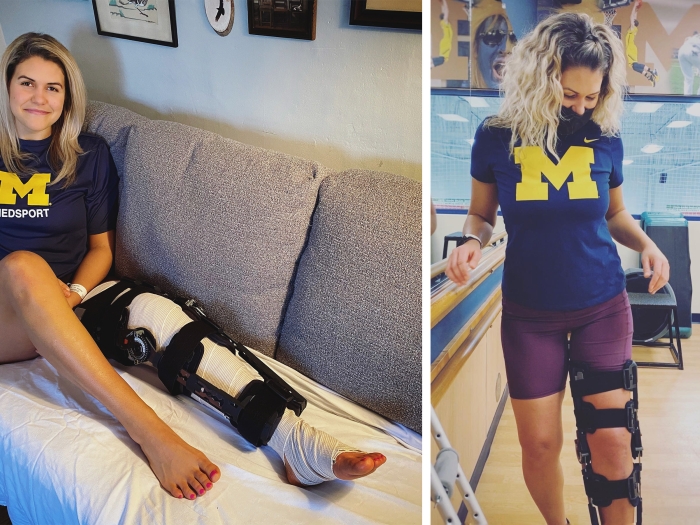
Health Lab
A musician receives live donor cartilage that changes her life.

The Fundamentals
On today’s The Fundamentals is Dr. Brummett, Professor at the University of Michigan where he serves as the Senior Associate Chair for Research in the Department of Anesthesiology. He has more than 280 publications, including articles in top journals such as JAMA, JAMA Surgery, Anesthesiology, and Annals of Surgery. He is the Co-Director of the Opioid Prescribing Engagement Network or OPEN at the University of Michigan, which aims to apply a preventative approach to the opioid epidemic in the US through appropriate prescribing after surgery, dentistry and emergency medicine. Moreover, he is the Co-Director of the cross-campus Opioid Research Institute, which was launched in the spring of 2023. He leads multiple NIH grants studying these concepts and receives funding from the Michigan Department of Health and Human Services, SAMHSA, CDC, and multiple foundations.
You can learn more about Dr. Brummett here, and you can follow Dr. Brummett @drchadb and the department of anesthesiology @UMichAnesthesia on X.

Health Lab
Among people with multiple sclerosis in the United States, more than half experienced at least one fall in a six-month period and approximately one-third of those falls resulted in an injury.
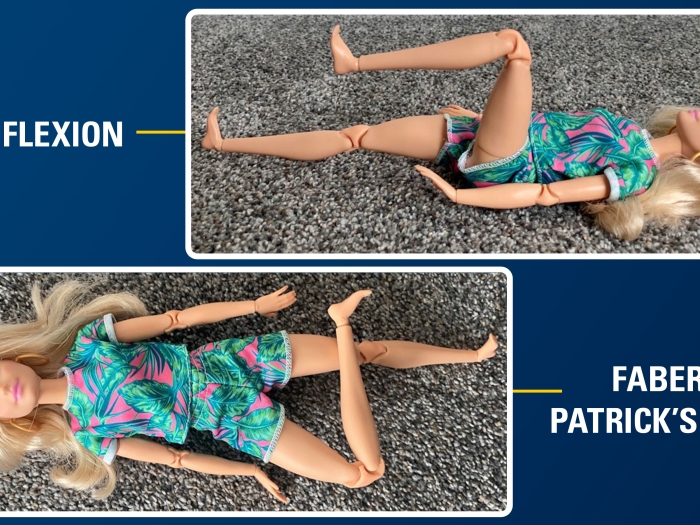
Health Lab
At the University of Michigan Health C.S. Mott Children's Hospital, one physician found a way to help pediatric patients demonstrate different joint movements using a Barbie doll.

Health Lab
A growing number of people living with Alzheimer’s disease and related dementias – especially those from diverse backgrounds – receive care from a network of individuals that increasingly includes nontraditional informal caregivers.
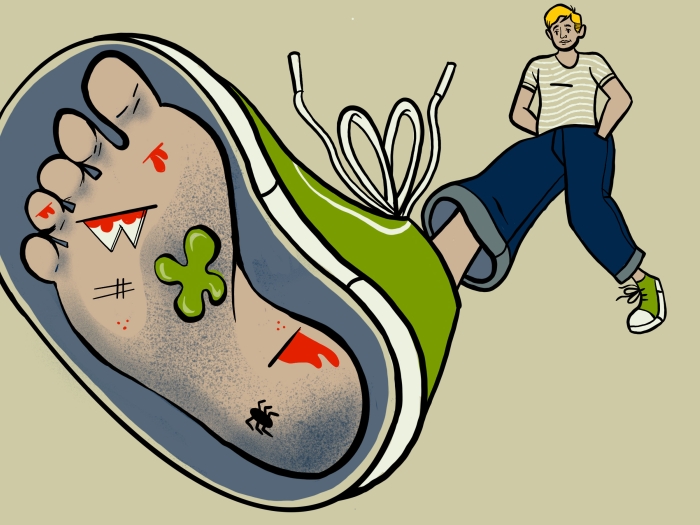
Health Lab
Tik Tok trend of going barefoot in public is a bad idea according to podiatrists

Health Lab
Today, thanks to researchers, medical and public health experts, pharmaceutical companies, engineers and others, we know more and can do more about the coronavirus called SARS-CoV2, and the disease called COVID-19, than ever before.
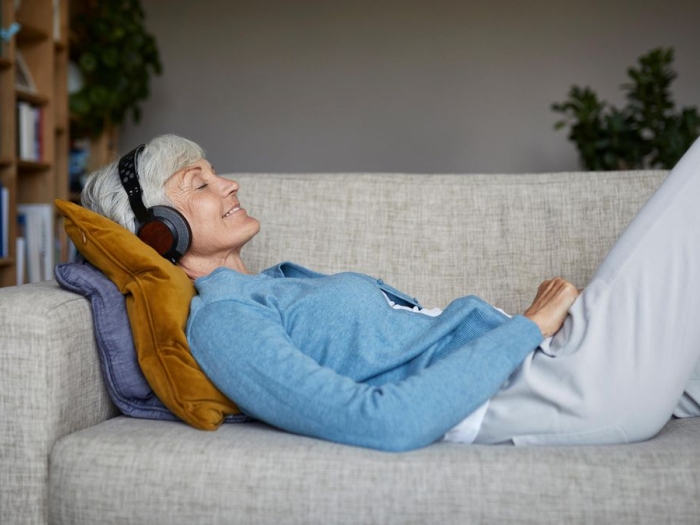
Health Lab
Making music by singing or playing an instrument, or listening to music, brings health and wellbeing benefits to many older adults.

Health Lab
Elective surgery study shows older adults have concerns about what it will cost them, how much work they’ll miss and whether they’ll catch COVID-19.
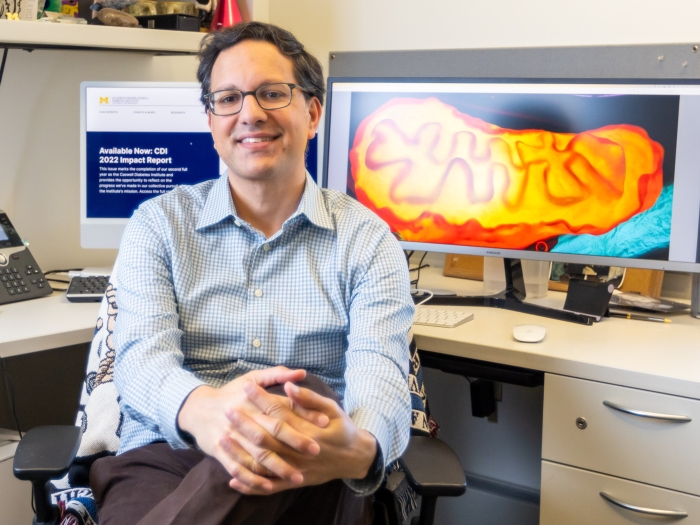
Health Lab
One diabetes program is moving to revolutionize investigations and treatment in the field
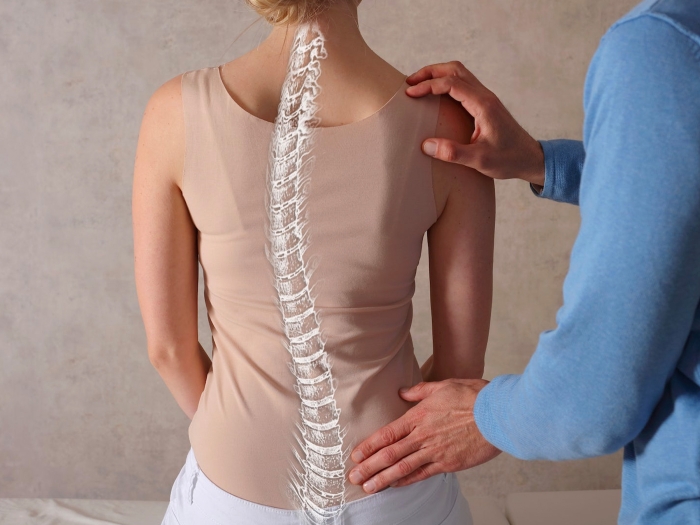
Health Lab
A Michigan Medicine expert calls for comprehensive scoliosis awareness and care.

Health Lab
Researchers at Michigan Medicine developed an AI-driven algorithm that accurately predicts death and complications after PCI — which could emerge as a tool for clinicians as they determine treatment for blocked heart arteries.

Minding Memory
In 2009, the Health Information Technology for Economic and Clinical Health Act, wow, that's a mouthful, more commonly known as the HITECH Act, spent billions to promote the uptake of electronic health records by US hospitals. Fast forward more than a decade later, and now approximately four out of five healthcare institutions have electronic health record systems in place that integrate clinical notes, test results, medications, diagnostic images, et cetera. The adoption of EHR systems into healthcare introduces new and exciting opportunities to extract information that can be used to augment other types of data for research. As you might imagine though, it can be tricky to pull out meaningful information from the text of clinical notes. In this episode, we'll speak with a University of Michigan researcher, Dr. Vinod Vydiswaran, who's been developing methods to identify dementia from EHR data.